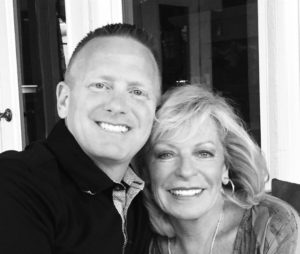“Pressure is a Privilege” – Billy Jean King
I’ve been watching the US Open this week and women’s finalist, Naomi Osaka was interviewed and said as she walks out onto the US Open court she pulls inspiration from the quote and sign that hangs just outside the court where the players enter.
In today’s world, we are all feeling a lot of pressure.
Parents struggling to work, teach, care for themselves. People fearful of the virus. People fearful of social and political unrest. People fearful of how they’ll pay their bills. It seems like every day the pressure just keeps increasing around us.
You are feeling pressure because something is expected of you. That expectation might be put on you by the outside world, or by yourself, but either way, here we are. You have expectations and that is a privilege. It causes us to be uncomfortable and being uncomfortable causes us to change and adapt.
Here is how King explains her own quote:
“I have this saying: Pressure is a privilege. Usually, if you have tremendous pressure, it’s because an opportunity comes along. I remember thinking about this, actually, when I was at Centre Court at Wimbledon. And I said, “All right. You’ve been dreaming about this moment. Is it a lot of pressure? Yeah. But guess what? It’s a privilege to be standing here.” Most of the time, in work or play or anything, if you really think about it, usually it’s a privilege. That I-want-the-ball feeling. Not “please double-fault.” Give me the ball. Give me the problem to solve. Let’s figure this out. Let’s go.”
Let’s Go!



